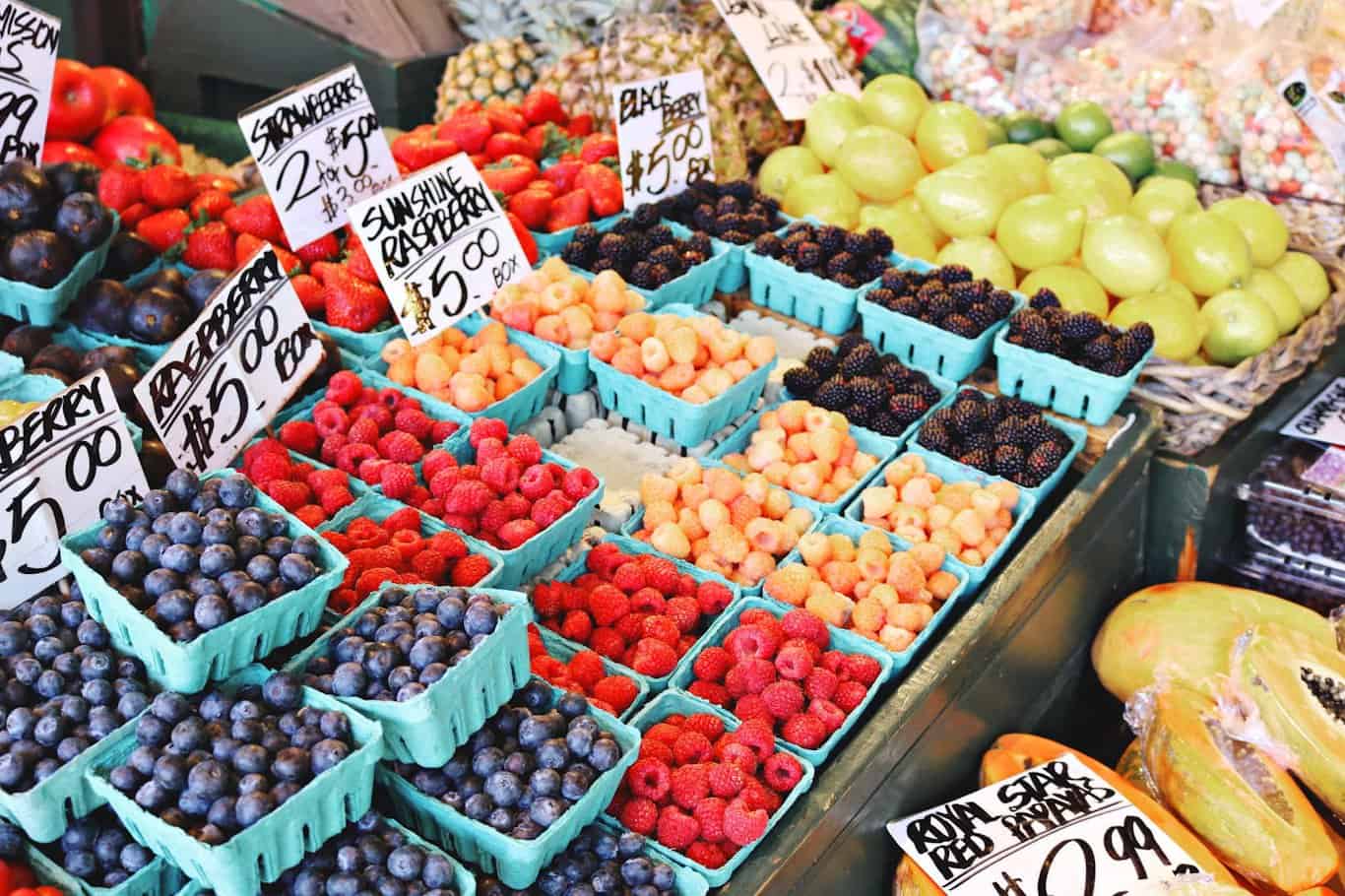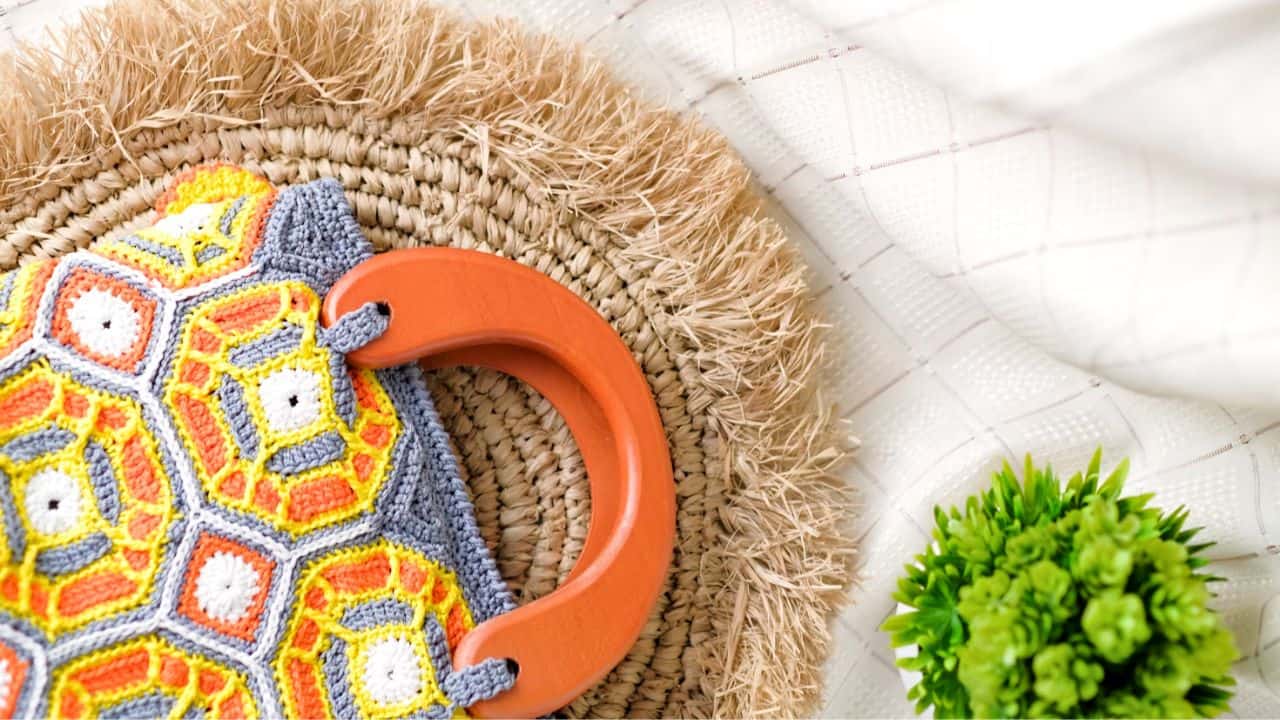With English households totting up an alarming 22.8 million tonnes of waste in the 2016/17 financial year, (according to government figures), it’s clear there’s plenty of scope for everyone to be more responsible with their household waste.
Despite a concerted effort to be more environmentally-friendly in some regions, a report by the BBC found that half of local authorities recycled less household waste in 2016-2017 than they did five years ago.
The government is set on achieving a 50% target for recycled household waste, so it’s now more important than ever to make eco-friendly choices.
So to help, we’ve got five simple tips to help you reduce your household waste.
5 Super Simple Tips To Reduce Your Waste At Home

1. Recycle responsibly
Recycling seems to be the norm for plenty of UK households but many of us are still getting it wrong – which has a direct impact on the total recycling rates.
Taking a few extra minutes to clean out a recyclable container before tossing it into the green bin or removing the top off your plastic bottle, will really make a difference in the number of recyclables that are accepted.
Items that aren’t up to the right recycling specifications will be rejected and sent straight to landfill, so your good intentions (and time) will have been a waste.
Want to know what you can recycle?
This government website has a helpful A-Z guide to point you (and your trash) in the right direction.

2. Pass on packaging
Did you know when you buy a branded supermarket product, you’re paying more for the packaging than the product’s quality.
Supermarkets accommodate competing brands who regularly try to outdo each other on colourful branding — usually resulting in a higher mark-up price.
This has such a large impact on the plastic proliferation problem that campaign group A Plastic Planet are calling for a plastic-free aisle in every supermarket (which is heavily supported by Andy Clarke, ex-CEO of ASDA, according to iNews).
It’s getting easier to buy less packaging as well as usually being cheaper.
Try switching your branded staple food items for the supermarket’s own products — which frequently use simpler, low-key designs, to reduce your own personal impact on household waste.
It’s also a good idea to switch your packaged fruit for loose fruit and vegetables and take your own bags and containers when you’re shopping, so you don’t increase your plastic consumption.
Alternatively, check out our ultimate guide to zero waste shops – over 200 have opened around the UK.

4. Buy upcycled products
Plastic is one of the biggest household waste problems, with plastic packaging, bags and products consistently finding themselves mounting up in our bins.
Estimates from 4Ocean show that plastic items can take up to 1,000 years to fully decompose in landfills, plastic bottles for instance need 450 years or more.
Buying upcycled goods will help to reduce the amount of waste being sent to landfill plus the amount of upcycled brands is growing all the time, across fashion (read about clothes made from plastic bottles). There’s swimwear made from fishing nets and re-modelled homewares, like these upcycled storage boxes from Plastic Box Shop.
Also, before you dump your recyclables in the green bin, think about whether they can be upcycled into something new.
Empty plastic bottles can be transformed into a DIY bird feeder, metal cans make good herb containers and so on.

5. Generate less food waste
Every year, the UK sends 18 million tonnes of food waste to landfill. Food Aware claim that this amounts to approximately £23 million wasted annually.
If you’re a repeat offender when over-estimating the amount of food you need when you’re at the supermarket, there are resources like this Love Food Hate Waste portion planner from WRAP, which can help calculate how big the serving sizes should be for each person in your household for every meal, reducing the amount of food you throw away.
Rather than leaving food untouched in the fridge, why not try freezing more of it?
Freezing food can add months to its shelf-life and stop it from being thrown away.
If you regularly buy lots of multipack items like tortilla wraps, put these straight into the freezer so you can eat these in your own time rather than racing against the use by date.
Batch cooking is another great way to reduce the amount of food waste you generate, and these can be frozen for meals later on in the month.
Similarly, don’t throw away leftovers if you made too much food as this can always be transformed into something else — for some inspiration on how to upgrade your excess dinner, check out our food waste recipe ideas.

6. Grow your own
The UK is guilty of throwing away 20% of all the food and drink we buy, according to research from WRAP.
But when we grow our own produce, whether it’s herbs, fruit or veggies, rather than buy it, we value it a lot more.
Starting a vegetable patch can be a great way of reducing your household waste; growing your own produce will cut down on the amount of food and packaging you throw away each week. Anyone can do it.
Even if you don’t have a garden, growing and nurturing your own fruit and vegetables is possible. Eating Well’s guide to gardenless food growing has plenty of tips, tricks and ideas to get you started or see here for our summer fruit foraging tips.
You could even help stimulate your fruit and vegetable’s growth by making your own organic compost from a lot of your food waste using a compact compost bin.











